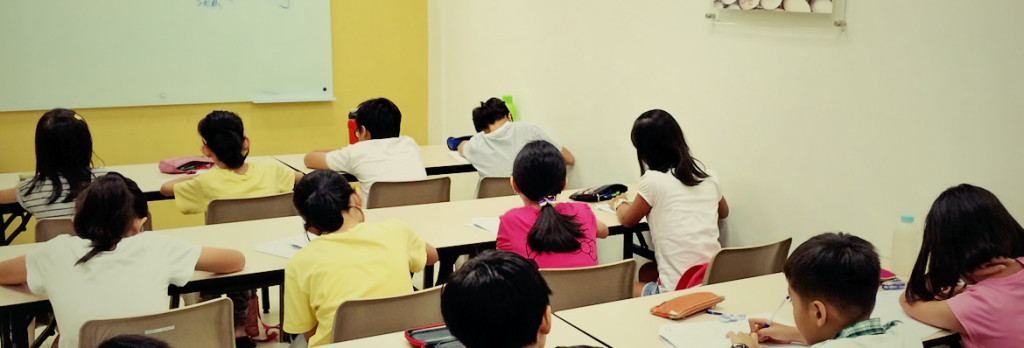Blog

Summary Writing: Understanding and Analysing
Summary Writing has always been a bugbear for many students — either they cannot find the points or are unable to express the ideas in their own words. In the next few posts, we are going to explain how to ace the summary question in secondary school. I. Summary Writing: Understanding ‘O’ level marking rubrics For summary writing, there is a total of 15 marks. Eight marks are assigned for content and the other seven marks are assigned for language use.
Summary Writing: Finding and Organising
In the previous post, we have discussed the requirements for the summary question and how to analyse a question. Now that you have analysed the summary question, the next step is to look for the relevant points. Let us see how it can be done. I. Summary Writing: Finding Points When you start looking at the relevant paragraphs, it is important that you keep the question in mind all the time. Let’s look at a simple strategy to help identifying

Study Skills – A Summary
Study Skills is something that is important for all students to have knowledge off. It provides guidance, help and makes them more efficient and effective in their journey of learning. This November and December, we have been conducting a Study Skills Clinic with our long-time partner. We been in over 10 different centres island-wide delivering our take on study skills and how students can make use of these skills to improve their studies.

Stretching the Tension for Creative Writing in Primary School
In our previous posts, we discussed how to help your child to express emotions in their stories using the IDEA method. Another way your child can improve his essay is by improving the way the climax of his story is presented. We calling this ‘stretching the tension’. Let’s start by looking at how one of the masters of storytelling uses this method: “Suddenly, she froze. There was something coming up the street on the opposite side. It was something black

Strategies for Spelling
According to experts, spelling is a function of three things – knowledge of phonemes and phonics, knowledge of spelling rules and memorisation and practice. What do these three mean? Knowledge of phonemes and phonics simply means the knowledge of letter sounds. So, a child who is an expert in this is able to spell a word based on how the word sounds like. Of course there are some words that are pronounced differently from how they are written. For example,
Sports and studies
Around one month ago, Minster for Education, Heng Swee Keat, the opening ceremony for the National School Games. Throughout the rest of this year, schools will be competing with each other for glory in many different sports. In his opening speech, Mr Heng highlighted that participation in sports can build up values such as respect, resilience, care and harmony – which are at the core of the values in 21st Century Competencies. As a result of this, he also highlighted
